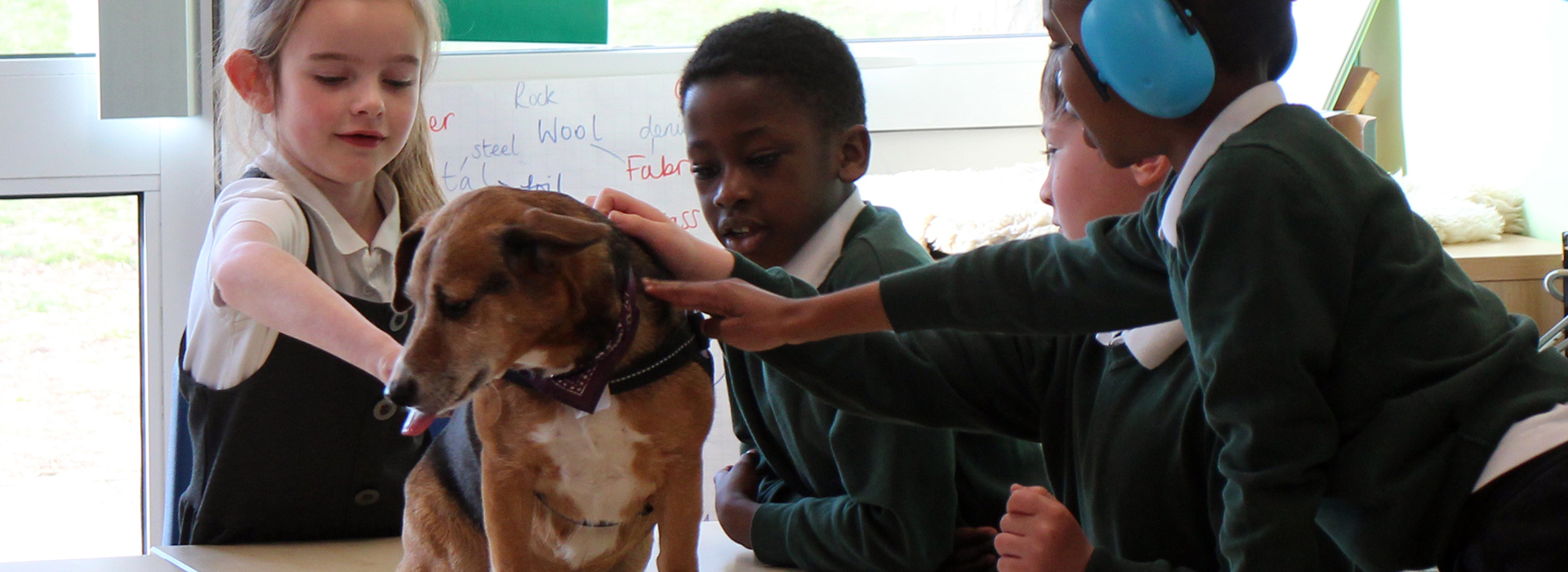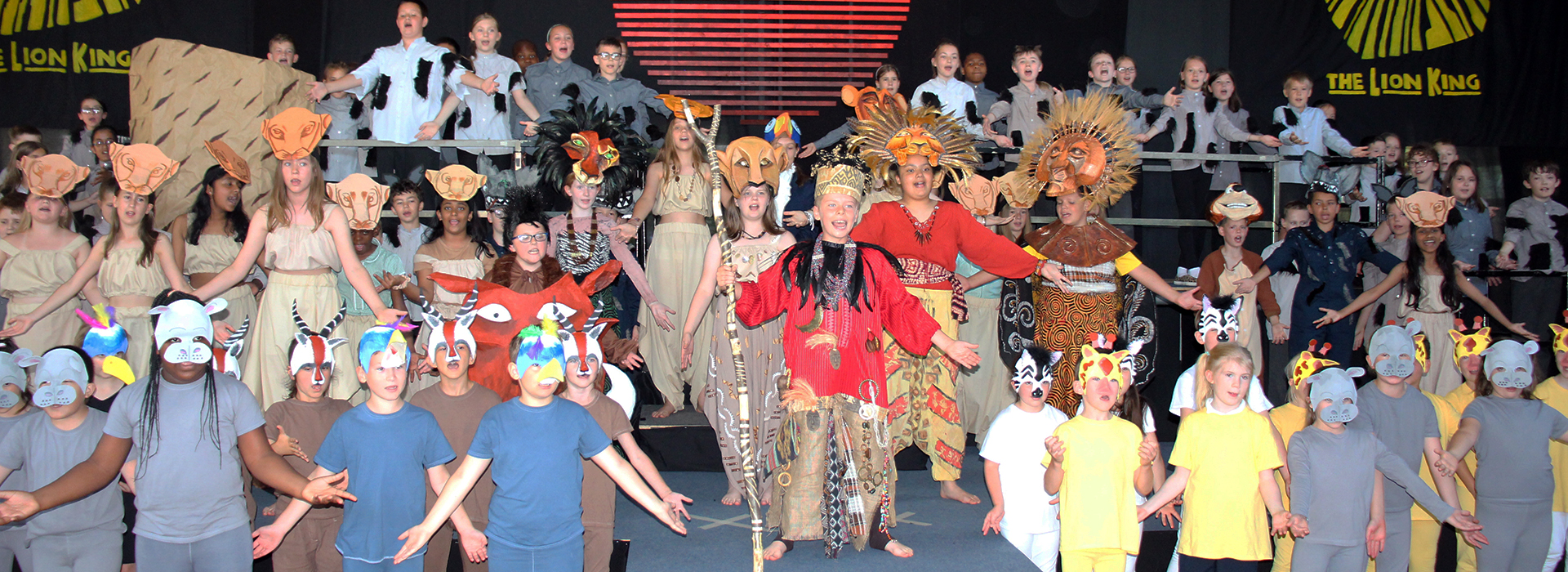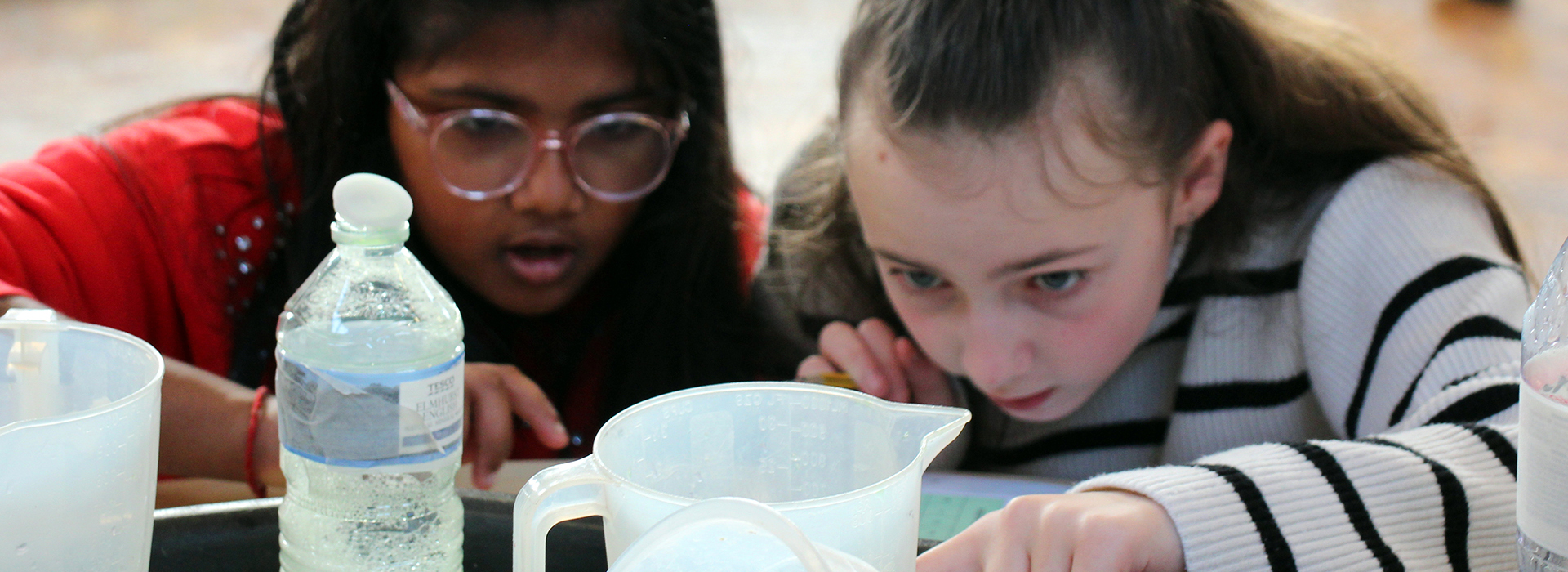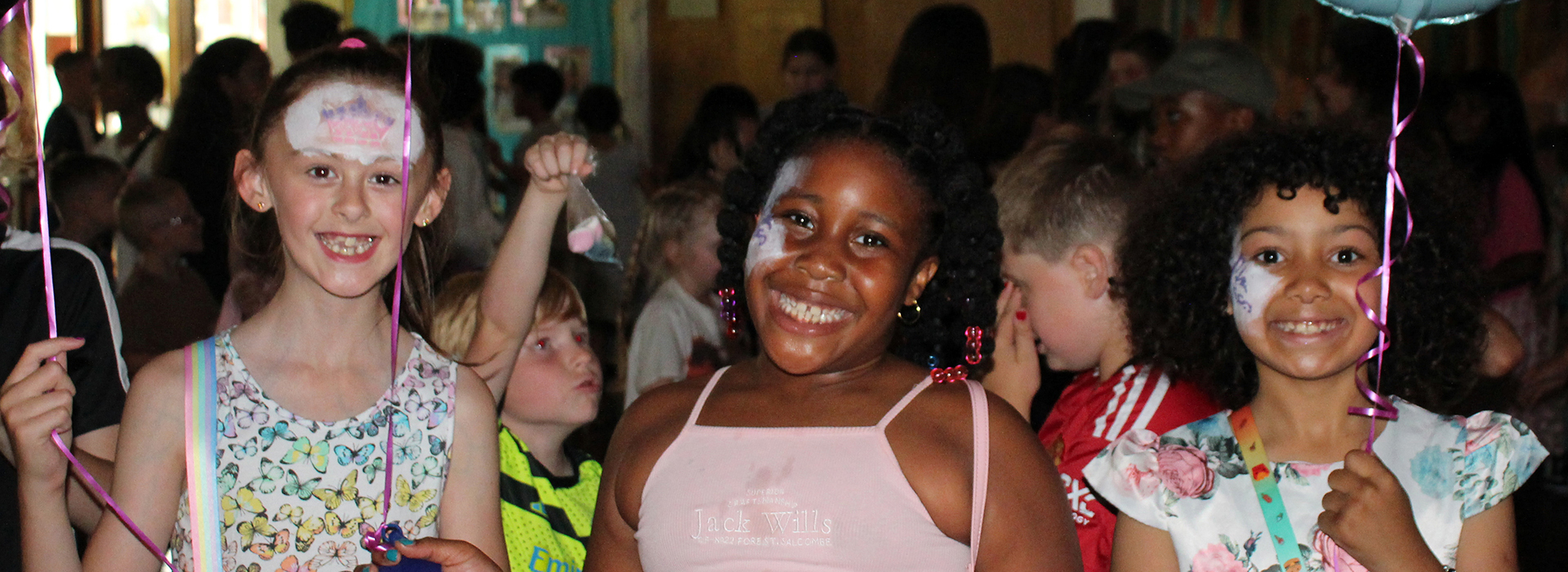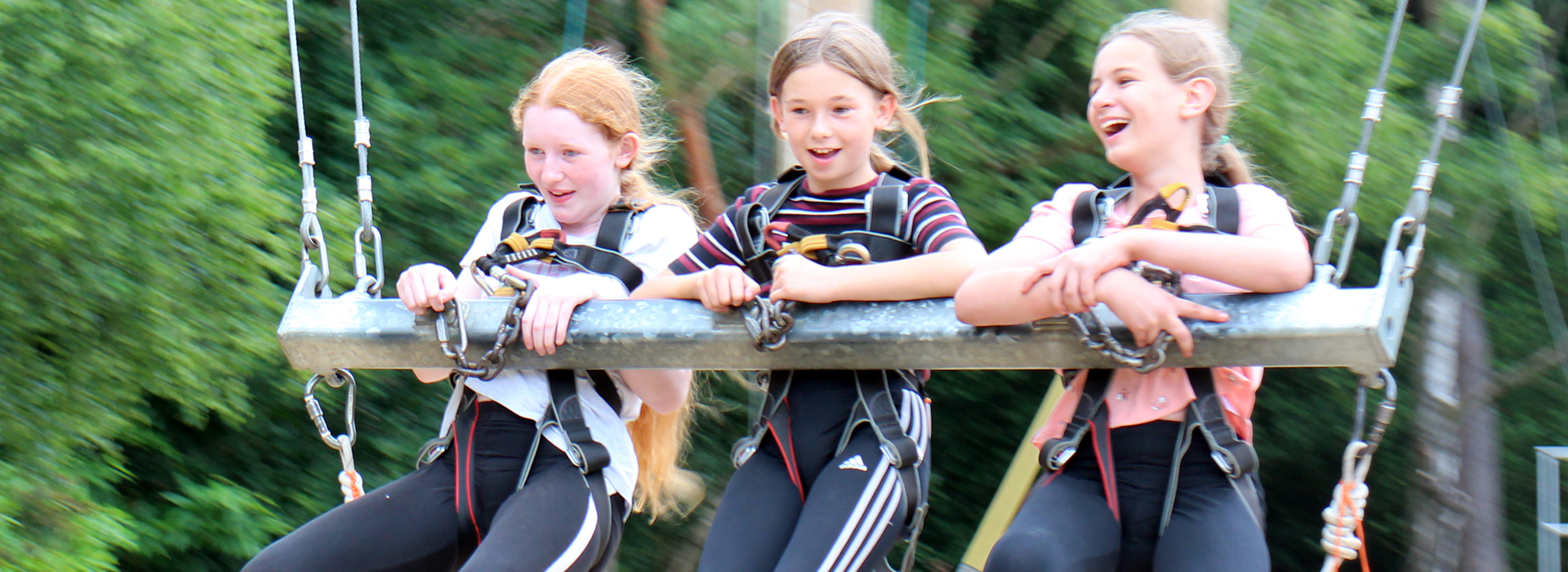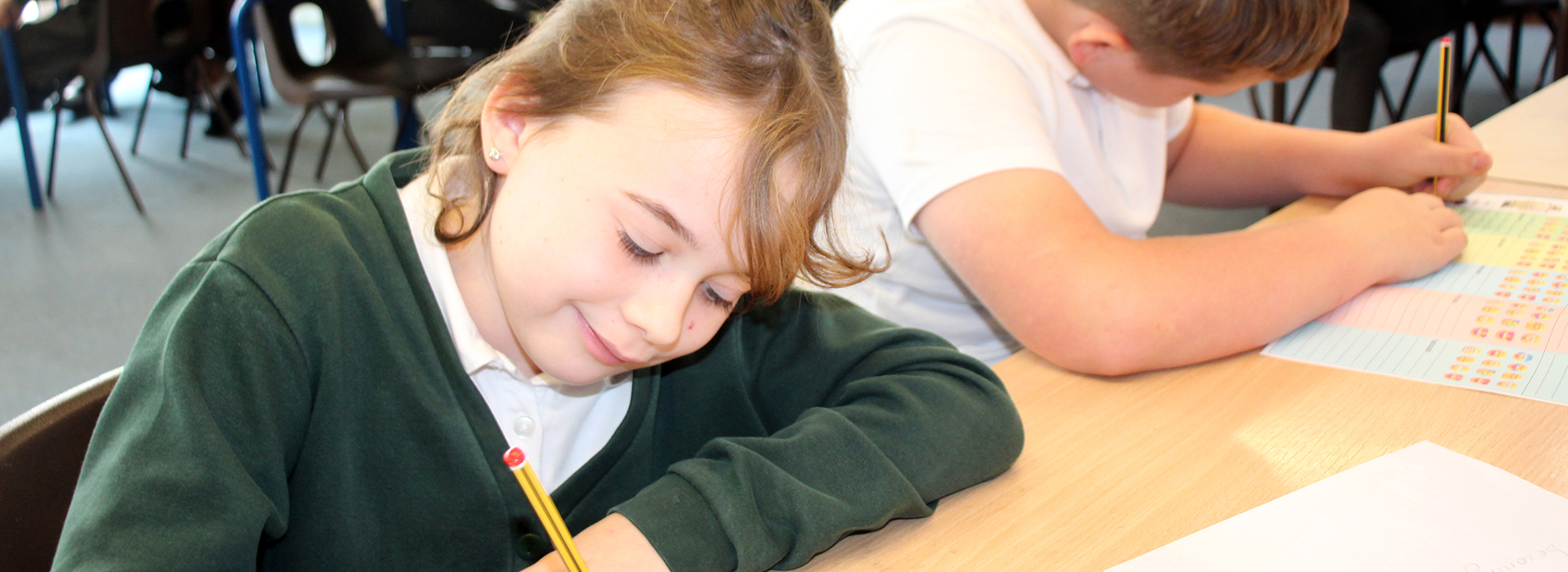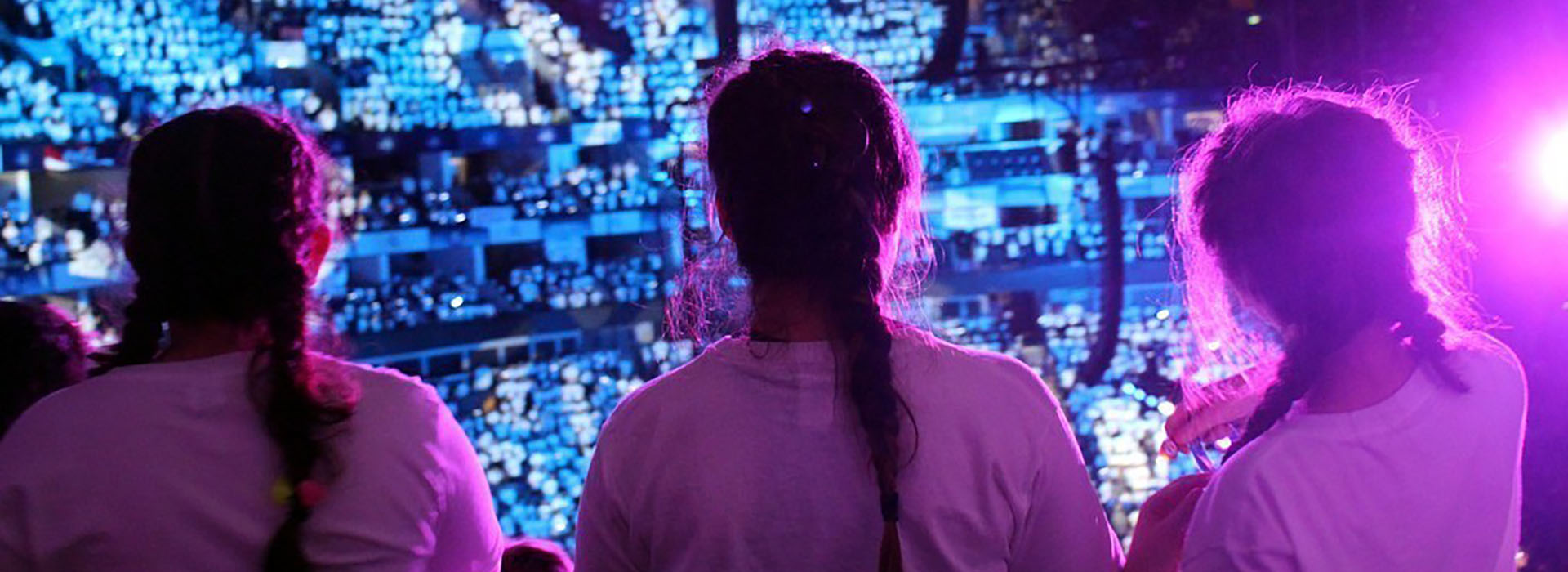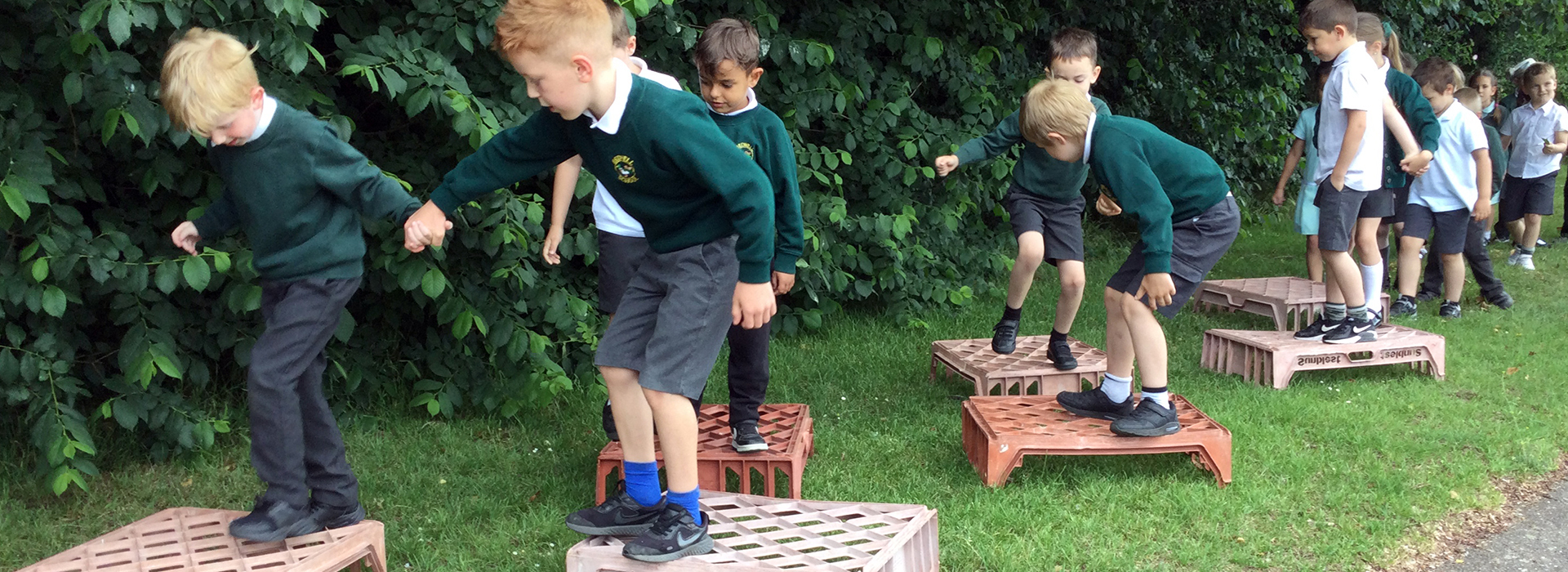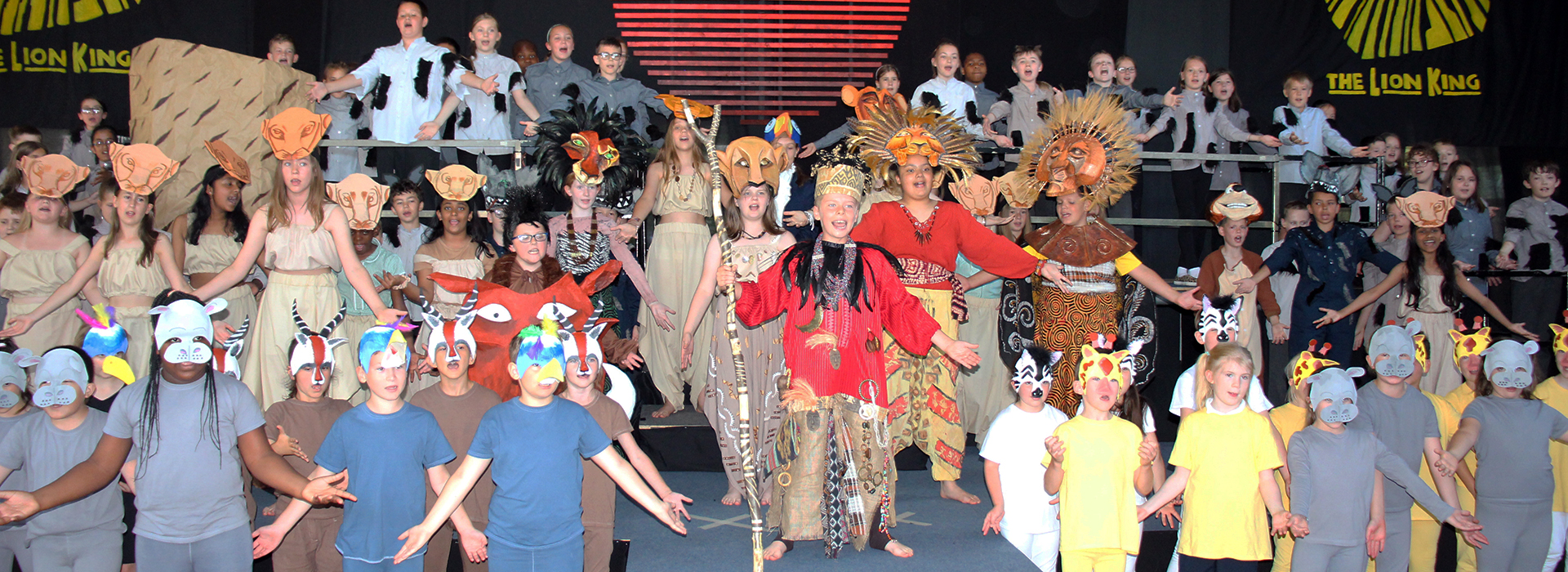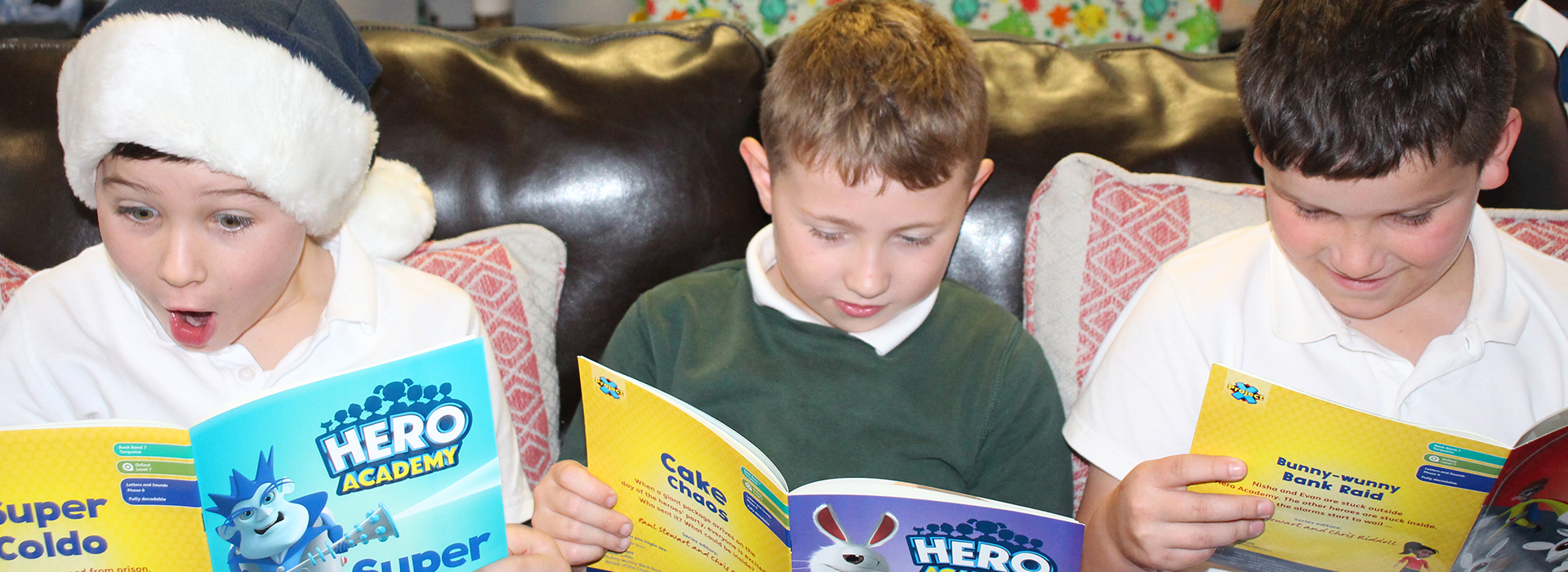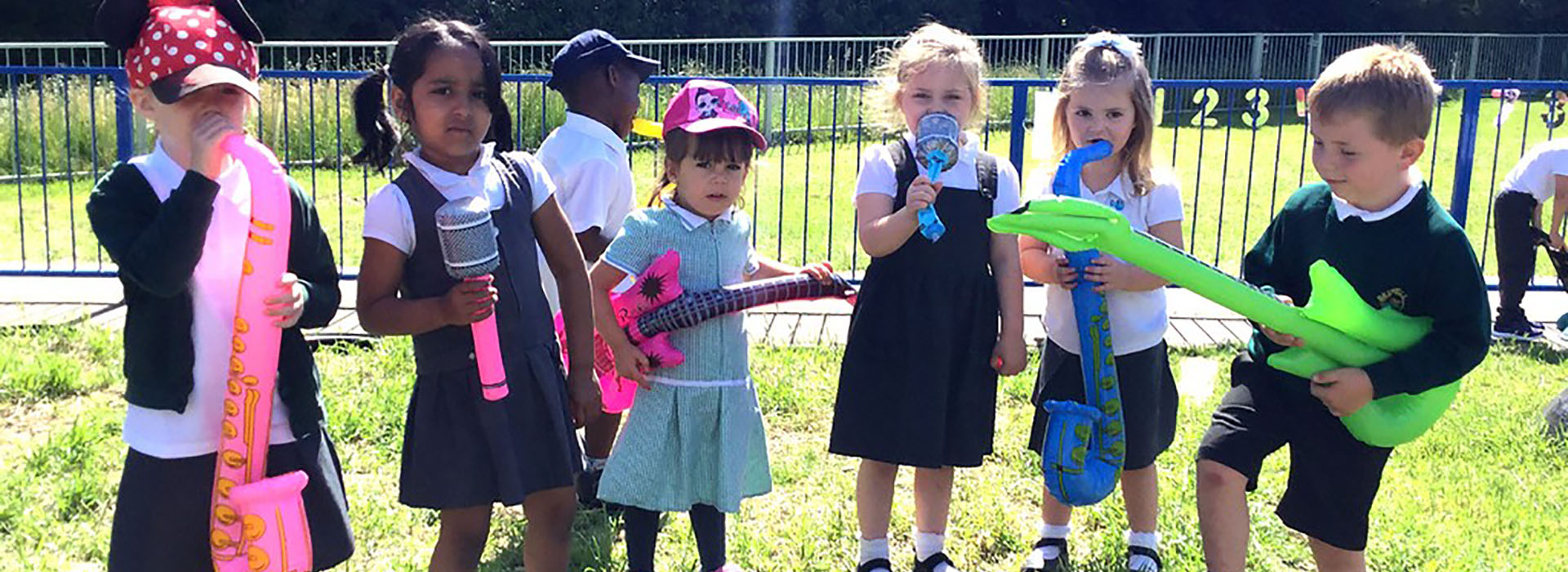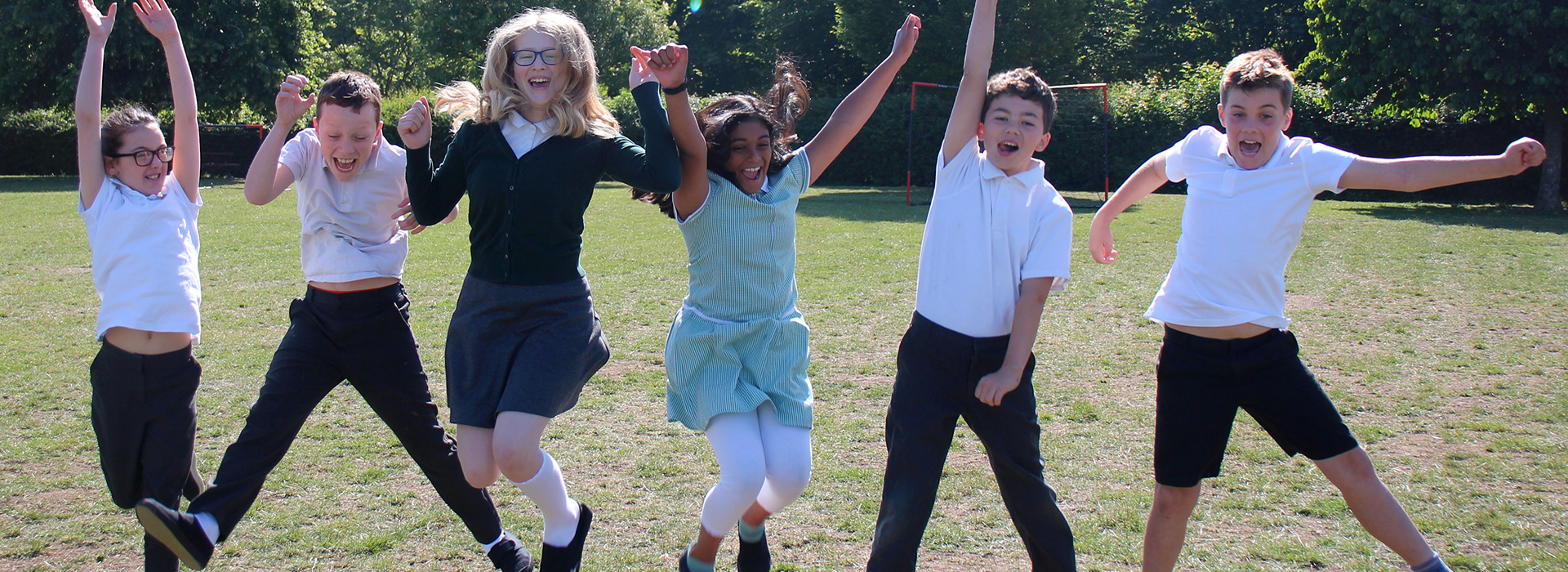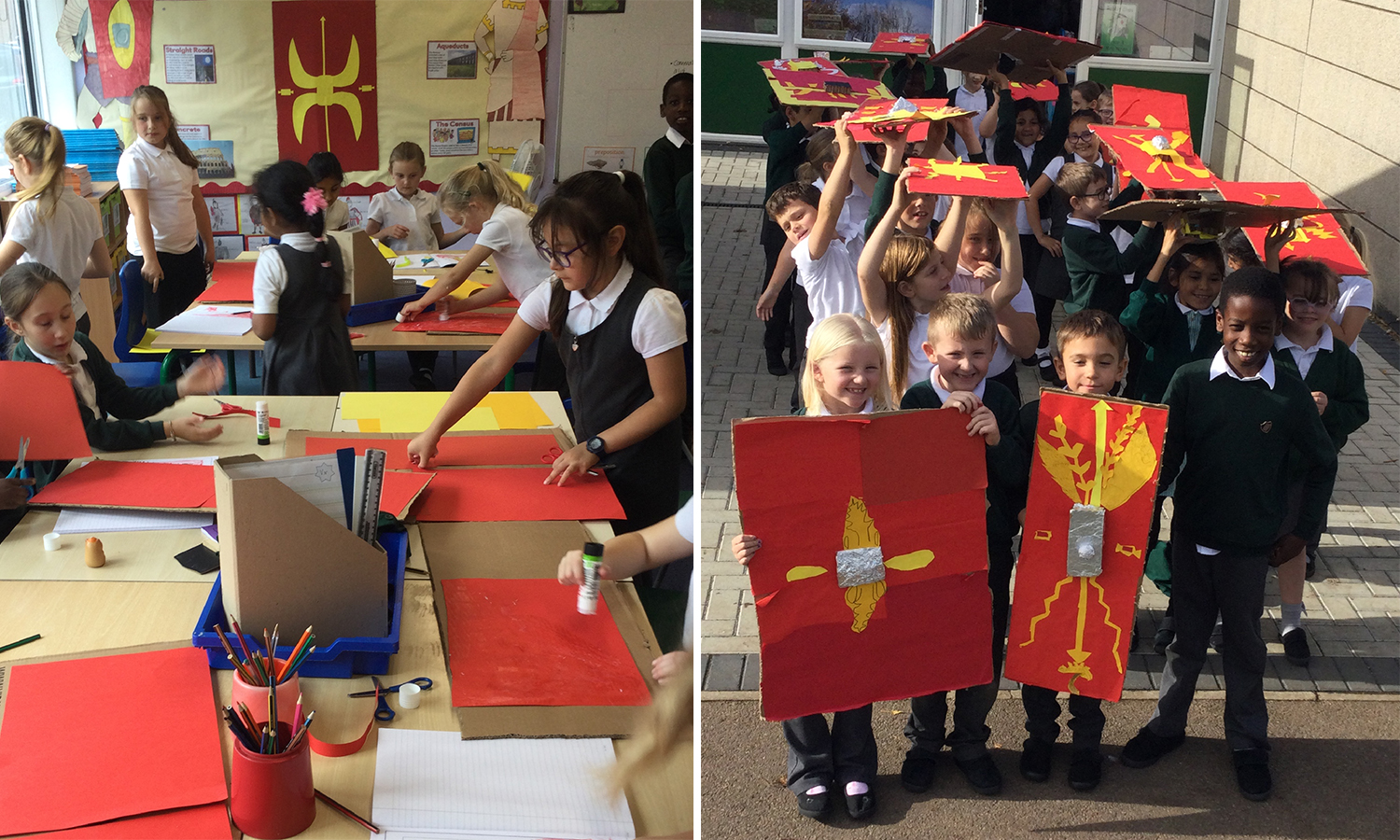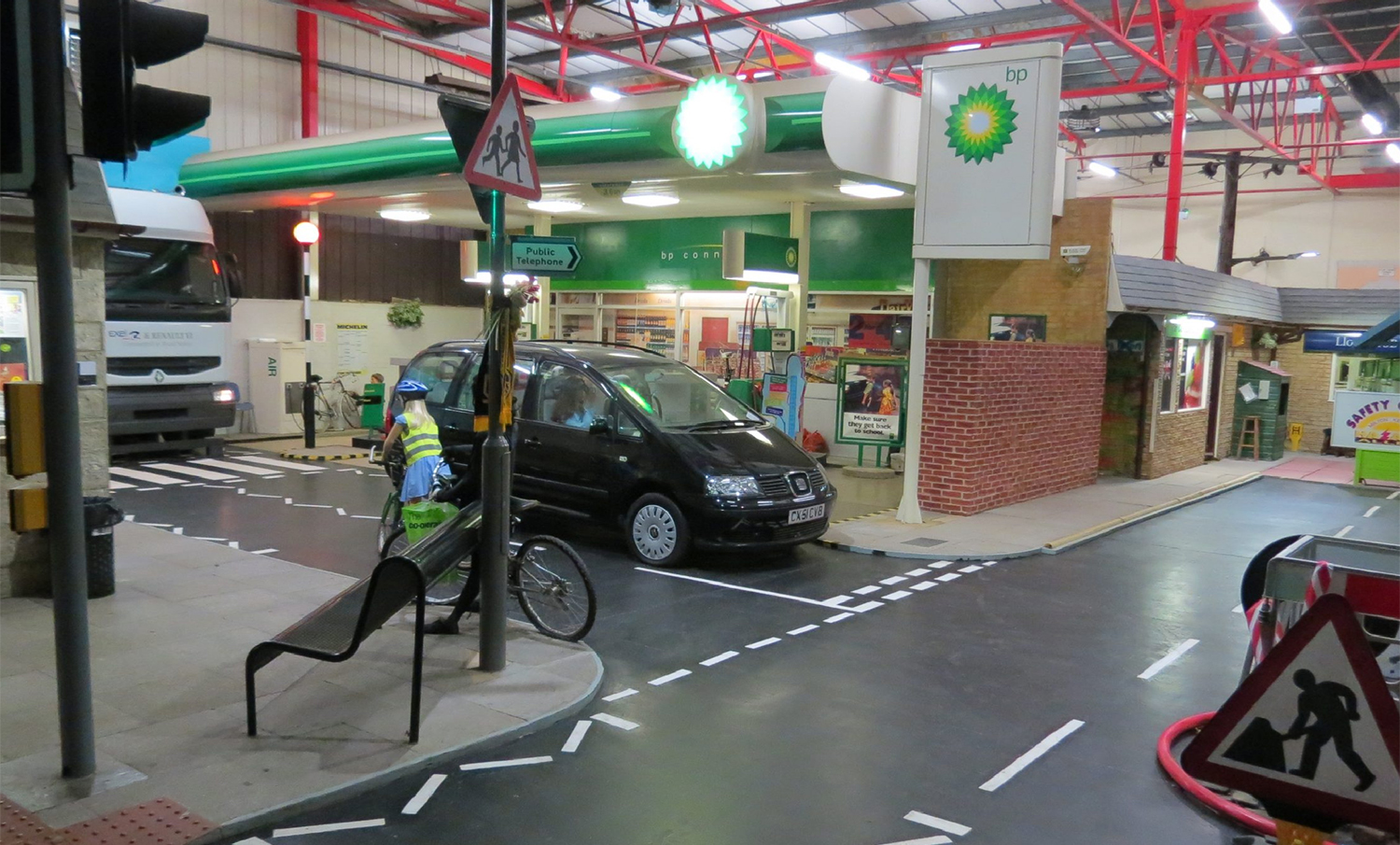This term's topics
English - Our next topic is built around the classic story of Alice in Wonderland. We will be exploring the way speech is used and organised in the story, and then using this as a base for short sections of dialogue which we will write (making sure that it is punctuated correctly). We will identify the techniques which the author uses to describe fantastical characters and settings, helping us to develop our descriptive writing. Finally, we will examine the way that stories are split into paragraphs, and think about where it would be appropriate to start a new paragraph in our own work.
Maths - We will start the half-term by exploring the properties of shapes, revising shape names, learning about the difference between regular and irregular shapes and constructing shapes with given properties. After this, we will move on to focus on multiplication and division. We will revise our 2, 5 and 10x tables and then build on these to find (and start to learn) our 3, 4, 6 and 8x table facts. We will use arrays and regrouping to solve multiplication problems, and develop our understanding of the link between multiplication and division to help us find unknown facts. Across all of these topics, we will be doing lots of problem solving to help us apply our knowledge to a wide range of situations.
Science - Our next topic will see us exploring the rocks and soils beneath our feet. We will begin by comparing and grouping different types of rock, carrying out simple tests and looking in particular at the difference between igneous, sedimentary and metamorphic rocks. We will then look at different types of soils, investigate how they are formed and design our own tests to find out how quickly they absorb water.
Humanities - We will be taking a virtual ‘road trip’ across the USA this term. It’s a huge, diverse country, so we will explore the different landscapes and habitats, from the Rocky mountains of the west to the deserts, plains and forests of middle America, to the bustling cities of the coasts. We will use photos, videos, maps and first-hand accounts to investigate weather, food, schools and homes, and begin to compare life in the UK with life in USA. We will then use all this information to make reasoned choices about where we would like to visit and where we would prefer to live. Throughout the topic we will also be developing our map skills, locating the USA (as well as the UK, the 7 continents and 5 oceans) on a variety of maps and globes.
Take a look at our curriculum map for more information on our topics.
